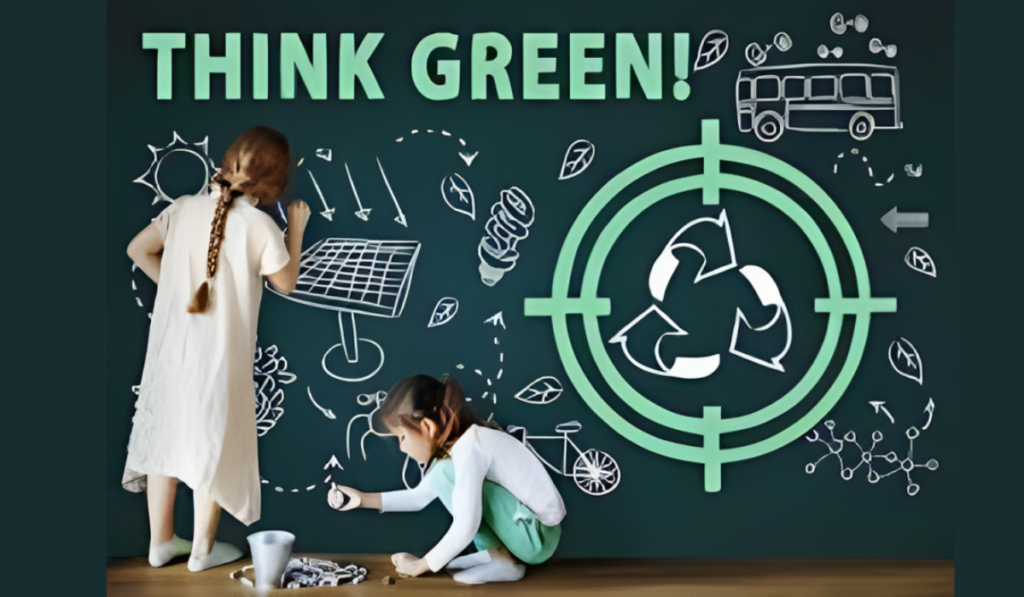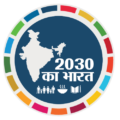Introduction of Sustainable development
Sustainable development, synonymous with environmentally friendly economic growth, is a crucial aspect of our global agenda. Achieving an optimal balance between environmental, economic, and socio-political sustainability is imperative for the well-being of current and future generations. In this comprehensive guide, we delve into the ways students can actively contribute to sustainable development, transcending the conventional boundaries of academic institutions.
1. Recycling Initiatives: A Call to Action

1.1 Placement of Recycling Bins
One of the simplest yet impactful ways to support sustainability is through recycling. Placing recycling bins strategically throughout campus areas with significant traffic can significantly boost recycling rates. Collaboration with facilities staff, clear markings, and the establishment of volunteer groups for weekly collections are proven strategies for success.
2. Tackling Food Waste: A Sustainable development Approach

2.1 Understanding the Impact of Food Waste
Awareness of the environmental impact of food waste is pivotal. Methane emissions and the depletion of water, soil, and energy resources associated with food production and disposal necessitate proactive measures.
2.2 Implementing Cost-Cutting Measures
In the context of arts and science colleges in Tamil Nadu, encouraging student volunteers to participate in cost-cutting measures with food services can reduce plate waste. Strategies such as eliminating trays, using smaller plates, and adopting reusable containers are effective in curbing food waste.
3. Responsible Consumption: A Three-Fold Strategy

3.1 Purchase, Sell, and Digitize
- Purchase Used Goods: Initiatives promoting the purchase of used items extend their lifespan.
- Buy Locally: Support local economic growth and reduce carbon emissions by opting for local purchases.
- Digital Transformation: Embrace digital alternatives to reduce paper waste. Set printing budget limits to enforce responsible paper usage.
3.2 Sustainable development Practices in Technology: Embracing the Digital Wave
Digital Transformation in Education: Leading institutions, like the Coimbatore College of Engineering and Technology, champion the use of digital technologies to reduce paper consumption. Implementing printing budget limits ensures active participation in minimizing paper waste.
4. Hydration with a Purpose: Water Stations and Reusable Bottles

4.1 Reducing Plastic Waste
Installing reusable water stations across campuses promotes the use of eco-friendly alternatives to disposable plastic bottles. Encouraging students to adopt reusable water bottles can significantly reduce carbon footprints.
5. Greening the Campus: The Power of Trees

5.1 Urban Forests for Livable Cities
The integration of trees into urban landscapes brings myriad benefits. Best civil engineering colleges in Coimbatore actively engage in planting and gardening initiatives, fostering a clean environment and enhancing the aesthetic appeal of the campus.
6. Sustainable Transportation: Pedaling Towards a Greener Future
6.1 Promoting Bicycles over Transportation
Encouraging the use of bicycles as an eco-friendly mode of transportation contributes to personal health and reduces environmental pollution. It aligns with the commitment to sustainable development goals.

Conclusion: The Role of Educational Institutions
Colleges and universities play a pivotal role in shaping future leaders equipped with the skills and knowledge necessary for positive change. The commitment of institutions like the Coimbatore Best Arts and Science College to sustainable development programs ensures a holistic approach to education and professional training.
In conclusion, the multifaceted contributions of colleges and universities extend beyond the classroom and laboratory, impacting not only the lives of their students but also the communities they inhabit. By actively engaging in sustainable practices, educational institutions become catalysts for positive change on a global scale.

